I urge you to vote NO on Constitutional Amendment 1 on the November Ballot.
Ending political and racial gerrymandering is key to ensuring that each one of us has an equal voice and vote in electing our representatives. I am committed to the establishment of an independent, nonpartisan commission to draw the lines of our Congressional and state government districts. Constitutional Amendment 1 sets up a partisan commission and does not explicitly prohibit political gerrymandering.
My stance opposing Constitutional Amendment 1 is something I have weighed carefully because during the 2019 legislative session, I voted for the Constitutional Amendment. I did so because it was the only opportunity we had to start the Constitutional Amendment process in time for it to take effect before the 2021 redistricting timeline.
However, throughout 2019, I publicly noted that the Amendment is flawed. For example, I believe that elected officials should not have a role in drawing their districts and choosing their voters. The Commission that would be established by the Amendment would include, as half of its members, elected officials. Further, any maps drawn by the Commission would need to be approved by the House of Delegates and State Senate. This is neither an independent nor nonpartisan process.
Also, the Amendment only cross-references the Voting Rights Act in terms of provisions to protect the rights of communities of interest, including communities of color. At the federal level, we see that the Voting Rights Act has been gutted and is in further danger of being whittled down. The Amendment is silent on political gerrymandering, in effect allowing the Commission to choose to go down that road. We know this is possible because the US Supreme Court has affirmed that political gerrymandering is possible under the US Constitution. Lastly, the Amendment only requires three public hearings for the entire Commonwealth. While this does ensure public participation, it would be difficult to achieve meaningful public input, given Virginia’s geography and diversity.
Despite these and other issues, I supported the Amendment with the belief that we could pass legislation in 2020 setting strong criteria to implement the Amendment. While the Commission identifies the “who” in terms of the individuals drawing the district lines, criteria legislation would establish the “rules” that the Commission would use to draw the lines. These must go hand-in-hand – without strong criteria legislation, we would not have guaranteed protections for communities of interest, ensure that political gerrymandering is prohibited, and more.
I started the 2020 session with the intent to continue supporting the Amendment as long as strong implementing criteria legislation passed. Such legislation was introduced and passed the General Assembly in the forms of House Bill 1255 and Senate Bill 717. Among their provisions, these bills include explicit language that protects the rights of communities of interests, including racial and language minority communities. The bills also explicitly prohibit political gerrymandering.
However, as the debate on the Amendment continued during the legislative session, I realized there was no bipartisan support for strong criteria legislation in either Chamber. The final passage of House Bill 1255 and Senate Bill 717 were strictly on party-line.
We all know that legislation and sections of the Virginia code can be amended or even repealed. Because there is no bipartisan support for strong implementing criteria, the protections that we passed in House Bill 1255 and Senate Bill 717 are at increased risk of being repealed if there is a shift in the balance of power in the General Assembly. All of us would then be vulnerable.
Further, I listened carefully to my House colleagues in the Virginia Black Legislative Caucus. They shared their deep concerns about the continued disenfranchisement of the African American community if the needed protections for communities of interest are not included in the Amendment itself. They underscored the need to ensure that we have lasting criteria that protects racial and language minority communities. I am cognizant of Virginia’s history and the need to proceed with care – after all, it is only in this year, 2020, that we have been able to clean-up the Virginia code to remove racist language from the Jim Crow era.
Some say we should not let the perfect be the enemy of the good. While that may be true for some legislation we consider, it should not be true for a constitutional amendment. And political gerrymandering is too pernicious for us to accept anything but a fully robust approach to ending it. For these reasons, I urge you to vote NO on Constitutional Amendment 1.


